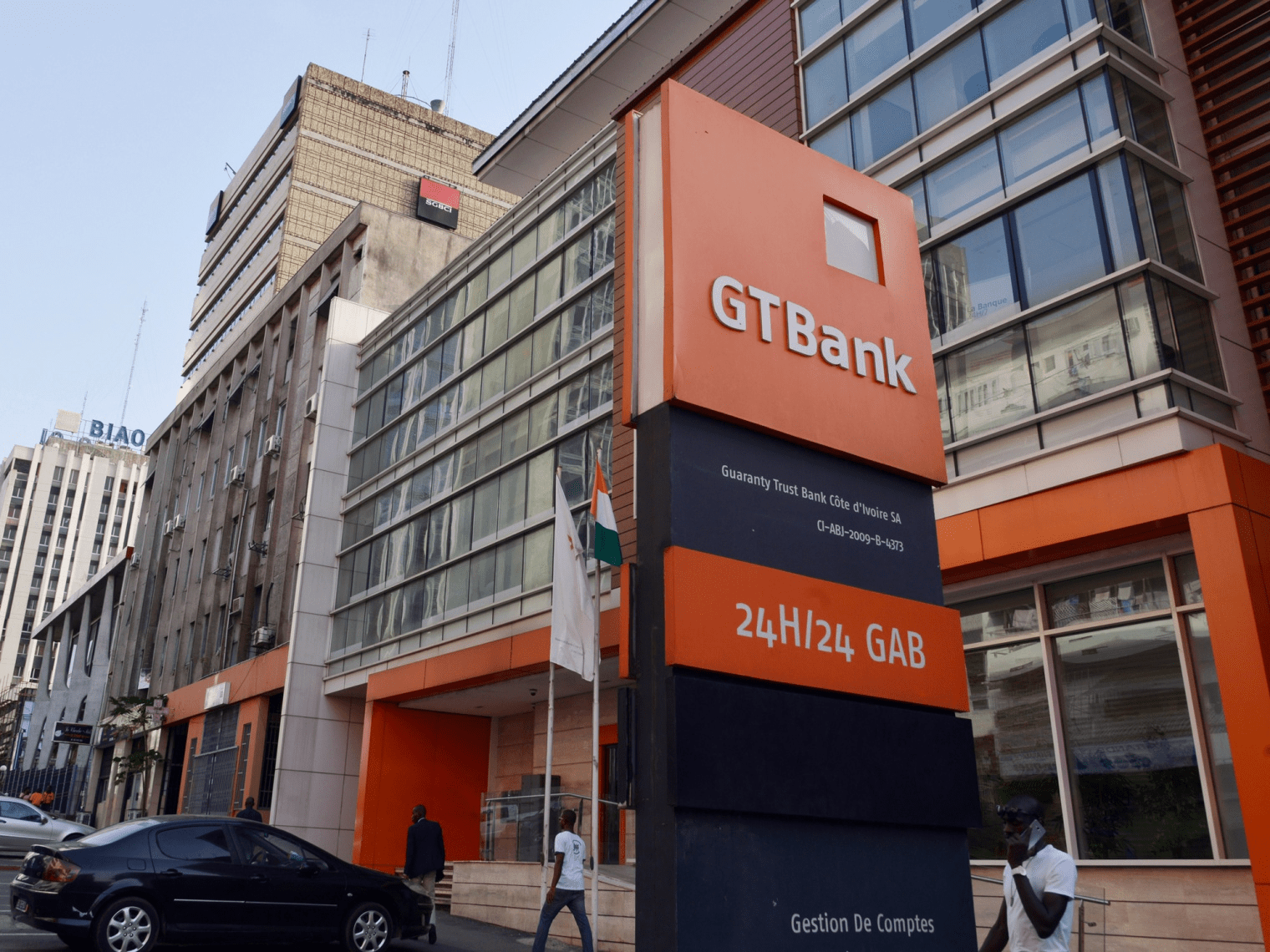Chinedu Eze
The rail, maritime and road subsectors of the Nigerian transport industry have been exposed to accident vulnerability for several years and most accidents that happened in these modes of transportation were not investigated in detail, only casualty figures were usually recorded.
But this has changed since the emergence of the Nigerian Safety Investigation Bureau (NSIB), which is providing multimodal investigation services encompassing air, rail, maritime and road transport after its establishment with the NSIB Act 2022.
With full embrace by the transport sector, it is hoped that accidents will drastically reduce and safety will improve with all pre-emptive measures that will be put in place because the major duty of the Bureau is to prevent accidents.
For this major objective to be actualised, it is expected that the Nigerian Maritime Administration and Safety Agency (NIMASA), the Nigeria Railway Corporation (NRC) will fully work with NSIB, just as the air travel industry is working with the agency in fulfilment of mandate given NSIB by the federal government.
For example, NIMASA working fully with NSIB will enable Nigeria to operate the procedure and policy requirements of the International Maritime Organisation (IMO), which takes cognizance of accident investigation body of every country as part of the regulation guiding the maritime sector.
In a recent media chat with journalists, the Director-General of NSIB, Capt. Alex Badeh Jnr, said that it was critical for Nigeria to comply with the international standards in all the modes of transportation in the country because it would bolster stakeholders’ confidence in Nigeria’s system, increase its ratings in the comity of nations and accident reoccurrence with be significantly prevented through the recommendations of NSIB safety reports.
What this means is that all modes of transport will be under the surveillance of NSIB and if accident happens in any subsector, the agency will comprehensively investigate it to know the root and immediate causes and at the end issue recommendation, which if implemented will prevent similar accident from happening in future.
To measure up to the expected standards, Badeh said the bureau had already drafted Maritime Safety Investigation Regulations 2025, Railways (Investigation of Accident and Incidents) Regulation 2024 and the Civil Aviation (Investigation of Air Accidents and Incidents) Regulations, 2025, hoping that their implementations would be accepted by all concerns.
He erased the notion in some quarters that the entrance of NSIB into accident investigation in the marine sector would lead to overlapping of functions in the sector.
According to him, the IMO recognised NIMASA as an investigator of marine accidents because there was a vacuum in the system, but maintained that the emergence of NSIB had closed the gap in the system.
“Best practices all over the world, is that we usually have an independent investigative body outside the regulator. NIMASA, which is a regulator just like the Nigeria Civil Aviation Authority (NCAA) was recognised as the investigator by IMO because it was the only one doing that, but with the passing of our 2022 Act that gave us the power to investigate other modes of transportation.
“Also, we are not doing this on our own, we work with the IMO to do this. We are recognised by the IMO and once we stabilise and all that, there will be more information to us by the IMO and other recognised bodies,” Badeh said.
Badeh explained further that the bureau was on the verge of engaging investigators in the rail and maritime sectors for effective investigation of occurrences in those modes of transportation, assuring that some professionals would come on-board by September and October this year to beef up its operations.
He expressed optimism that the NSIB was up to the task of conducting seamless investigation in the maritime sector, stressing that the bureau already had an agreement with the Nigerian Navy in carrying out this exercise, regretting that the bureau only gets information about most occurrences in the inland waterways from the media and agreed that there was a gap in the relationship between NIMASA and NISB.
The NSIB Director-General emphasised that as government organisations funded with taxpayers’ money, NIMASA and NSIB were supposed to work as a team, but lamented that bureaucracy was interfering with safety in the maritime industry.
It is in fulfilment of the NSIB act that the agency unveiled the three draft regulations aimed at establishing an integrated safety framework for Nigeria’s rail, maritime and aviation sectors.
The move, it hinted, is aimed at harmonising safety standards and enhancing collaborative investigation protocols across all modes of transportation.
The first of the drafts, he noted, is the Railway (Investigation of Accidents and Incidents) Regulations, which propose a structured methodology for probing rail accidents and near-misses.
This, he said, outlines robust procedures for evidence-based investigations, ensuring that every incident is thoroughly analysed with the aim of producing actionable safety recommendations.
Badeh stated that the Nigerian Railway Corporation (NRC) and Nigeria Inland Waterways Authority (NIWA) were willing to collaborate with the NSIB and expressed optimism that the bureau would also get NIMASA on-board.
He said: ‘Engagement of investigations in other modes of transportation is a work in progress. Some of them will resume by September. We intend to engage retired personnel and of course we are hoping to get people seconded from the National Inland Waterways Authority (NIWA) and NIMASA, train them and teach them the procedures of our investigations.
“We also have some people who will be going to the United Kingdom in September for a course. Our safety investigators for now are air safety investigators and we are working on getting them to acquaint themselves with the basic modes of other forms of transportation.”
In another development, like other agencies in the aviation industry, NSIB is negatively affected by the new tax reforms enunciated by the federal government and Badeh has expressed reservations that if the federal government goes ahead to implement the new Tax Reform Act 2025 in its entirety, it may jeopardise the current air safety enjoyed in the Nigerian air sector.
He, however, expressed optimism that the new Act would be amended before it commences implementation in January 2026.
According to him, the aviation industry, especially the aviation agencies needed funds to consistently train and retrain its technical personnel to stay current and in compliance with the International Civil Aviation Organisation (ICAO) recommended practices.
Badeh however said that Festus Keyamo, the Minister of Aviation and Aerospace Development was taking the lead to discuss the effect of the new Tax Reform Act on the agencies with the federal government, hoping that it would be addressed before full implementation.
He said: “We are still studying to see how it will affect us. Some say it is going to affect us negatively, but I do believe that there are engagements right now with the government by the Ministry of Aviation and Aerospace development if this will be a problem.In the transportation sector, safety is key and we need money to train people. If the government comes out and says they will dole out the money as they dole out to other agencies, it is really going to jeopardise safety. We can’t do our job efficiently and effectively. How do we prevent this loss of lives?
“But being a safety person, I am optimistic that it will be stopped before we get there. There will be intervention probably from the Honourable Minister and other heads of agencies. I believe this would happen before the enforcement.”
On the remittances from the Nigeria Civil Aviation Authority (NCAA) and the Federal Airports Authority of Nigeria (FAAN) in compliance with the NSIB Establishment Act 2022, Badeh said the agencies were complying with the payment, despite initial challenges.
The NSIB Establishment Act 2022, had stipulated disbursement of 6 per cent of the 5 per cent from the Ticket Sales Charge (TSC) from the NCAA, while FAAN is to remit 5 per cent of its Passenger Service Charge (PSC) to the bureau
The post Curbing Accidents through Multimodal Investigation appeared first on THISDAYLIVE.


